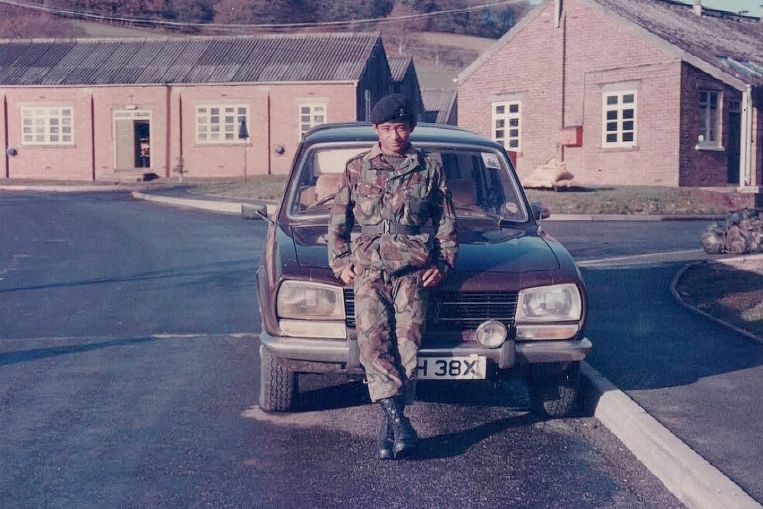
As a 17-year-old, Tim I. Gurung did what was expected of the men of his family and joined the Gurkhas.
The elite fighting force, drawn from tribes from Nepal's Himalayan foothills known for their fierce combat abilities, has been enlisted by Britain since 1815.
Their name is synonymous with bravery and loyalty, but Gurung, 57, wanted to focus on the other side in The Gurkhas, a book that combines military history, memoir and interviews with nearly 100 Gurkha veterans.
"The Gurkhas' story is not only about courage, but also about tragedy," says the Hong Kong-based businessman and author in an e-mail interview.
"Everybody is busy writing about how bravely they fought alongside the British in World War I and II and how famous their kukri (the Gurkhas' signature blade) is. Nobody writes about their losses, sacrifices and contributions."
He observes that though many books have been written about the Gurkhas, these are mostly from the Western point of view and prone to romanticising the Gurkhas' martial qualities without highlighting their exploitation.
He also feels that recent books by Nepali authors on the subject have not delved enough into military dynamics.
Gurung, who hails from one of the four tribes allowed to enlist in the force under colonial policy, spent 13 years with the British Gurkhas. His two children were born in Shek Kong Camp in Hong Kong, where he was stationed. He retired in 1993 as an army corporal.
In his early days with the battalion, he wrote poetry and prose on the side, but a bungled attempt to publish his first book left him so discouraged that he did not return to writing until he was 50.
He began researching The Gurkhas in late 2016, a process that took him through six countries, including Britain, Myanmar, Malaysia and Singapore.
In 2018, he travelled across Nepal to interview Gurkha veterans from WWI and WWII, many of whom were in their 90s or even older than 100.
In one case, he arrived only to learn the veteran he was seeking had died 20 days ago.
Gurung describes the Gurkhas as having historically been "simple and straightforward people", with a degree of loyalty that allowed little to no scope for their own agency.
In the book, he recalls a number of unpleasant run-ins with British officers during his army days.
He had an instructor who would eat fries in his and his comrades' presence while saying: "You Gurkhas, cheap like potato fries."
He notes that the British Army continues to administer recruitment in Nepal for overseas units such as the Singapore Police Force's Gurkha Contingent.
Formed in 1949, this contingentRead More – Source
[contf] [contfnew] 
straitstimes
[contfnewc] [contfnewc]


